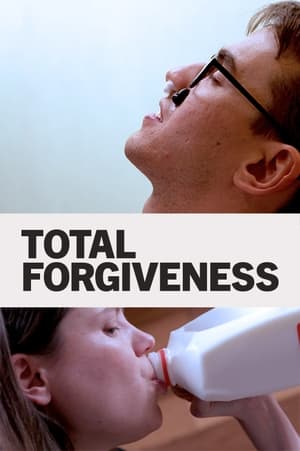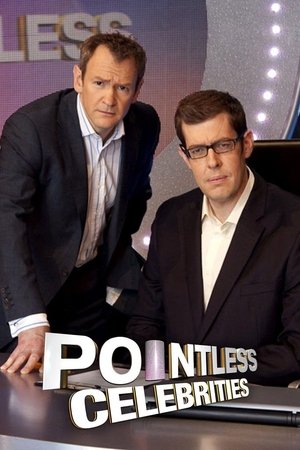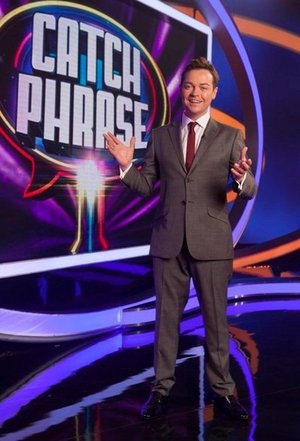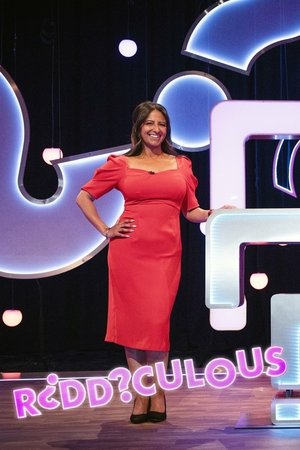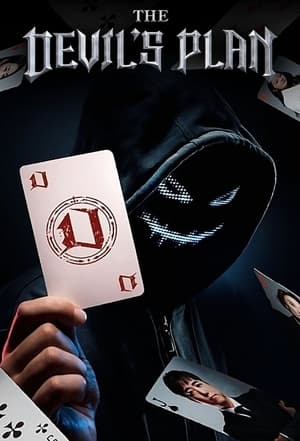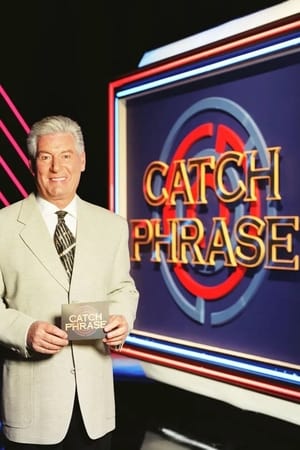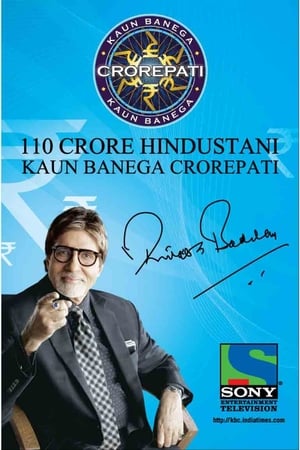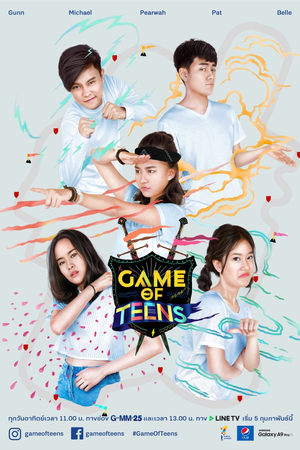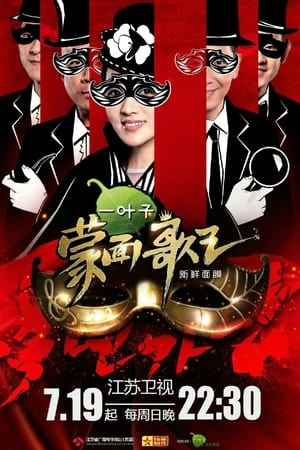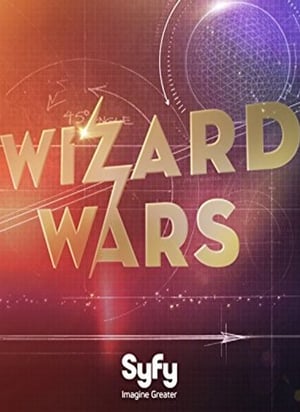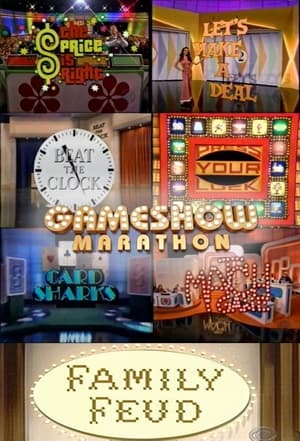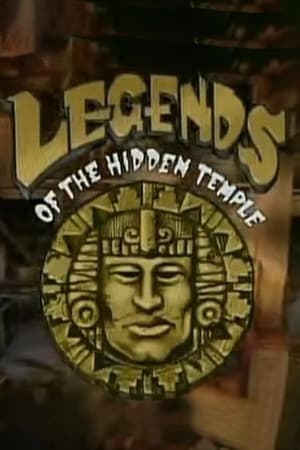Overview
A reality series pitting people identified with "genius traits" against one another in social games of strategy, logic, and negotiation skills. Each episode consists of a main match and a death match. The main match decides the winner and elimination candidate for the day. The winner receives a token of life, which grants immunity from the death match, and potentially garnets, a game currency worth ₩1,000,000 each. Garnets can be used to improve a player's chances of winning a game, as well as be traded with other players to gain favor. The elimination candidate chooses a player without a token of life to take part in a 1v1 game called the death match. The player who loses the death match is eliminated, and the winner of the death match gains their garnets. The last remaining player is the champion, and the total garnets held by the champion will be the final prize.

 Korean
Korean
 8.3
8.3
 2013
2013
 South Korea
South Korea
